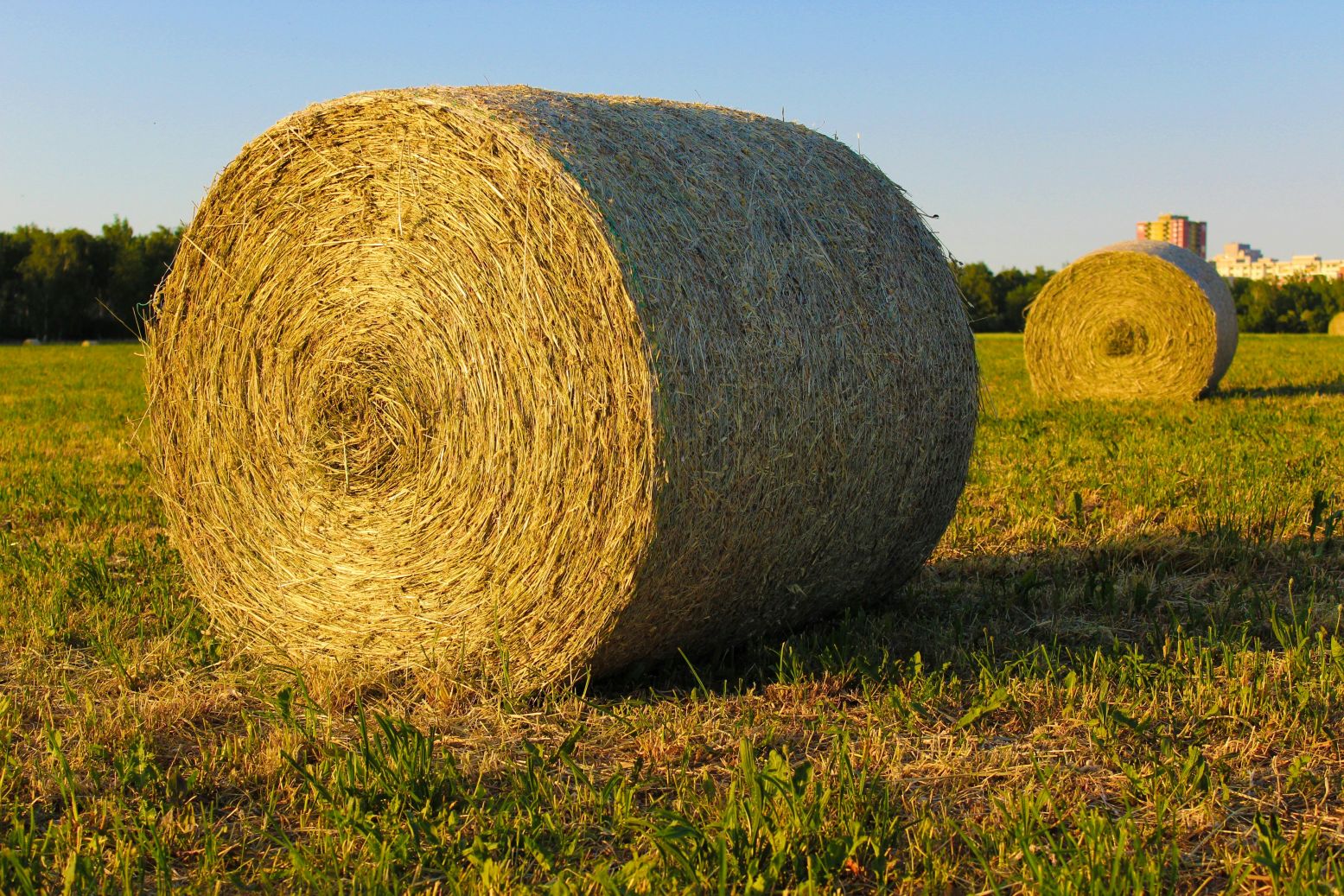Recent Posts
-

Guest author Gwen Hawn, FACS Agent, UGA Extension Hall County Taking care of our bodies is essential to being able to maintain our physical abilities to do the tasks we need and want to do! Keeping our bones strong and healthy is an important component of our physical wellbeing. There are several factors that impact…
Posted in: FACS -

Calling all young nature enthusiasts and future agricultural experts! Forsyth County 4-H is thrilled to announce the return of its popular Wildlife and Poultry Judging programs, offering an exciting opportunity for 4th-12th grade students to dive into hands-on learning this spring. Why Join a 4-H Judging Team? Judging teams are more than just competitions! They’re…
Posted in: 4-H -

Osteopenia is the early loss of bone density. Osteoporosis is when the bone density has lost even further calcium. A test known as dual-energy X-ray absorptiometry (DXA) is commonly used to measure a person’s bone density. The test is painless and non-invasive; you simply lie on a table and follow a technician’s directions.
Posted in: FACS -

Imagine being told you have to grab a microphone and give a big presentation tomorrow morning. Your heart starts to race. Your palms get sweaty. You feel nervous just thinking about it. You are not alone. About three out of four people feel some fear when they have to speak in front of others. Public…
Posted in: 4-H -

As the holiday season winds down, you don’t have to say goodbye to your seasonal live plants. Potted plants like poinsettias, cyclamen, and Christmas cactus can continue to bring enjoyment for years. Your first act in prolonging the life of holiday plants is to remove their festive foil wrapping. None of these plants like to…
Posted in: ANR -

In kitchens, dining rooms, and around coffee tables across Georgia, one simple routine continues to make a significant impact on children and families: sitting down to share a meal. Research from the University of Georgia Cooperative Extension Service consistently shows that family mealtime supports children’s physical health, academic success, and emotional well-being. At a time…
Posted in: 4-H -

Bones issues are problems we think about when we are older, but our bone health is very important for every age! In childhood and young adult years, we deposit calcium in our bones to achieve the greatest stores possible. This is known as peak bone mass (PBM). In our late teens to early 20’s we…
Posted in: FACS -

Each year, the USDA Farm Service Agency asks UGA county Extension agents to help in developing grazing and forage loss estimates for each county. As the Forsyth County Extension agent, I am asking producers who grow hay and/or forage in Forsyth County to use
Posted in: ANR -

Did you know that Georgia agriculture and natural resources can supply just about everything you need for holiday entertaining and gifting? I’m putting out a challenge to see just how many locally produced goodies we can incorporate into holiday festivities this season.
Posted in: ANR -

Shakespeare’s line from The Comedy of Errors, “Small cheer and great welcome make a merry feast,” means that genuine warmth and kindness are what truly make a gathering enjoyable. In addition to warmth and kindness, UGA Extension’s recommended holiday food safety best practices are essential to ensure your family and friends stay jolly and full…
Posted in: FACS